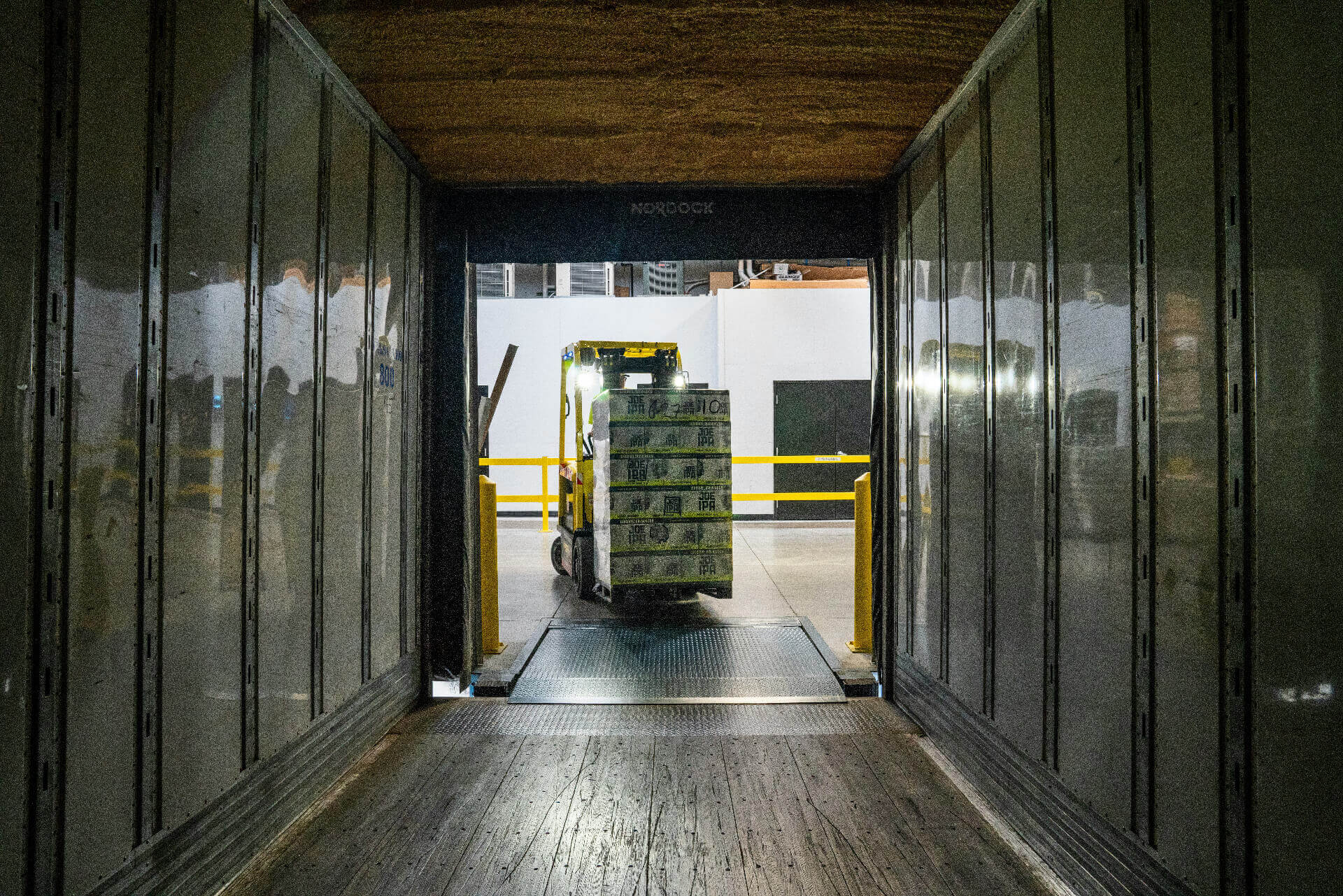
10 Top Skills for Logistics Experts
March 21, 2024 - Emily Newton
Revolutionized is reader-supported. When you buy through links on our site, we may earn an affiliate commission. Learn more here.
Supply chains, logistics, manufacturing and everything in-between are getting more complex with technology, increased demand and other disruptions. As more people enter the industry, they must know how to prepare. The expectations for logistics workers get higher yearly, so let’s dive into what you need to stay afloat. The top skills for logistics experts extend beyond these recommendations, but all professionals must embrace these if they want to succeed.

Hard Skills
If you’re going into logistics or are already there, these are the hard skills to tout on any resume. If you don’t have a foundation in these, you might feel overwhelmed diving into the sector.
Inventory and Warehouse Management
It seems like a new warehouse breaks ground daily. Corporations have so much stock that they don’t know what to do with it, and it costs logistics and manufacturing enterprises countless resources, dollars, and labor. Logistics leaders are responsible for streamlining these operations and processes.
A reliable cataloging system must be in place that syncs to an equally dependable digital database. Also, management must staff them appropriately and ensure they don’t waste electricity and water with overstock.
Data Analysis
Industry 4.0 requires corporations to use smart tech and the Internet of Things to gather data. Looking at information to glean insights about process improvements is critical for motivating positive change. It is essential to notice patterns in consumer behaviors, prepare accordingly, and draft forecasts considerately. Do you have a solid foundation in statistics or spreadsheet finagling? You are already ahead of the curve.
Transportation Analysis
Logistics is all about knowing where stock is, including when it traverses thousands of miles on land, sea and air. Optimizing routes, reducing fuel use and managing the transition to electrification are all part of logistics. Additionally, they must encourage responsible maintenance and upkeep, finding opportunities to engineer and improve performance as necessary.
Safety Awareness
Logistics workforces often encounter dangerous situations, whether in forklifts or lifting heavy boxes. Working with electrical is also not unheard of. Warehouses and supply chains must have safety awareness, informed by their logistics teams. You need to provide regular training programs to make employees brush up on their skills and institute safe working environments.
Budgeting
Many would argue the most crucial part of logistics is monetary know-how. Budgets have to be precise and detailed. Overspending is simple, with poor contingency planning and a desire to hoard certain materials and products. However, logistics experts must exercise control alongside financial research. Otherwise, it might force the business to cut the budget, which typically impacts employees.

Soft Skills
Not all top skills for logistics workers revolve around specific training with programs and planning styles. The soft skills carry just as much weight, so which ones are worth honing before running a team?
Adaptability
Supply chains and logistics have faced more unprecedented disruptions in the last decade than normal. Staying afloat requires logistics leaders to work with their available suppliers and resources to not fall into the red. This means crafting a solid contingency plan. Logistics experts perform thorough risk assessments and have strong relationships with customers and partners to relay information calmly alongside an action plan.
You must also embrace adaptability as new technologies enter the scene. Business processes change constantly, especially if a company integrates new equipment and software. Adjusting to these disruptions is critical for success.
Problem-Solving
As stated when considering adaptability, countless problems arise. Whether it’s a safety incident that needs reporting to a major supplier unexpectedly shutting business, there are situations you could never expect to occur that require immediate attention. Problem-solving skills demand critical thinking before acting and speaking, especially when there are time-related pressures.
Problem-solving also applies to process improvements. Have you realized many clients don’t respond in a timely manner? Do you think the fleet uses too much gas? Creative ideation is equivalent to problem-solving, so this is one of the most diverse and necessary skills.
Level-Headedness
Stressful situations face logistics professionals daily. Having a level-headed demeanor is ideal for a few reasons. First, it allows communications to be more effective and productive. Logistics professionals demand greater respect from their team if their irritation isn’t coming out in every demand. The fast-paced environment requires thoughtful split-second decisions that need emotional regulation as their foundation.
You must maintain balanced mindsets with others, too. You’ll interact with tons of different people who are in some way a moving part to the greater logistics picture. Whether it’s your own team or a delivery driver you’ve never met before, you must face them with kindness and calm even if they’re stressed.
Communication
Leadership, team management and professionalism line every word that comes out of logistics leaders. Commanding a massive warehouse and navigating countless third-party vendors requires careful word choice and well-managed delivery. Quality communication could be the one thing that stands between a struck deal or a destroyed sales agreement that’s lasted 20 years.
Communication in logistics takes every form — public speaking, video conferences, texting, email and in-person meetings ― solo- and team-based. Being well-rounded with communication specialties will take you further in the field.
Curiosity
Logistics has a never-ending tunnel of continued education — if this inspires you instead of scares you away, then you’re meant to be in the field. There are innovations popping up quarterly that change the game and scope of what responsibilities could fall into your lap. Being enthusiastic about industry- and company-wide developments helps with morale and determination when facing hardship in the role.

Top Skills for Logistics Workforces to Succeed
Having a decked-out resume is not enough anymore when the logistics climate is so demanding. The climate changes all the time, and there are even more skills you could possess than these. Professionals must be diverse and ready to learn, while dealing with intense pressures — many include factors outside of your control. Will you embrace these traits of the world’s leading industry experts?
Revolutionized is reader-supported. When you buy through links on our site, we may earn an affiliate commission. Learn more here.
Author
Emily Newton
Emily Newton is a technology and industrial journalist and the Editor in Chief of Revolutionized. She manages the sites publishing schedule, SEO optimization and content strategy. Emily enjoys writing and researching articles about how technology is changing every industry. When she isn't working, Emily enjoys playing video games or curling up with a good book.






